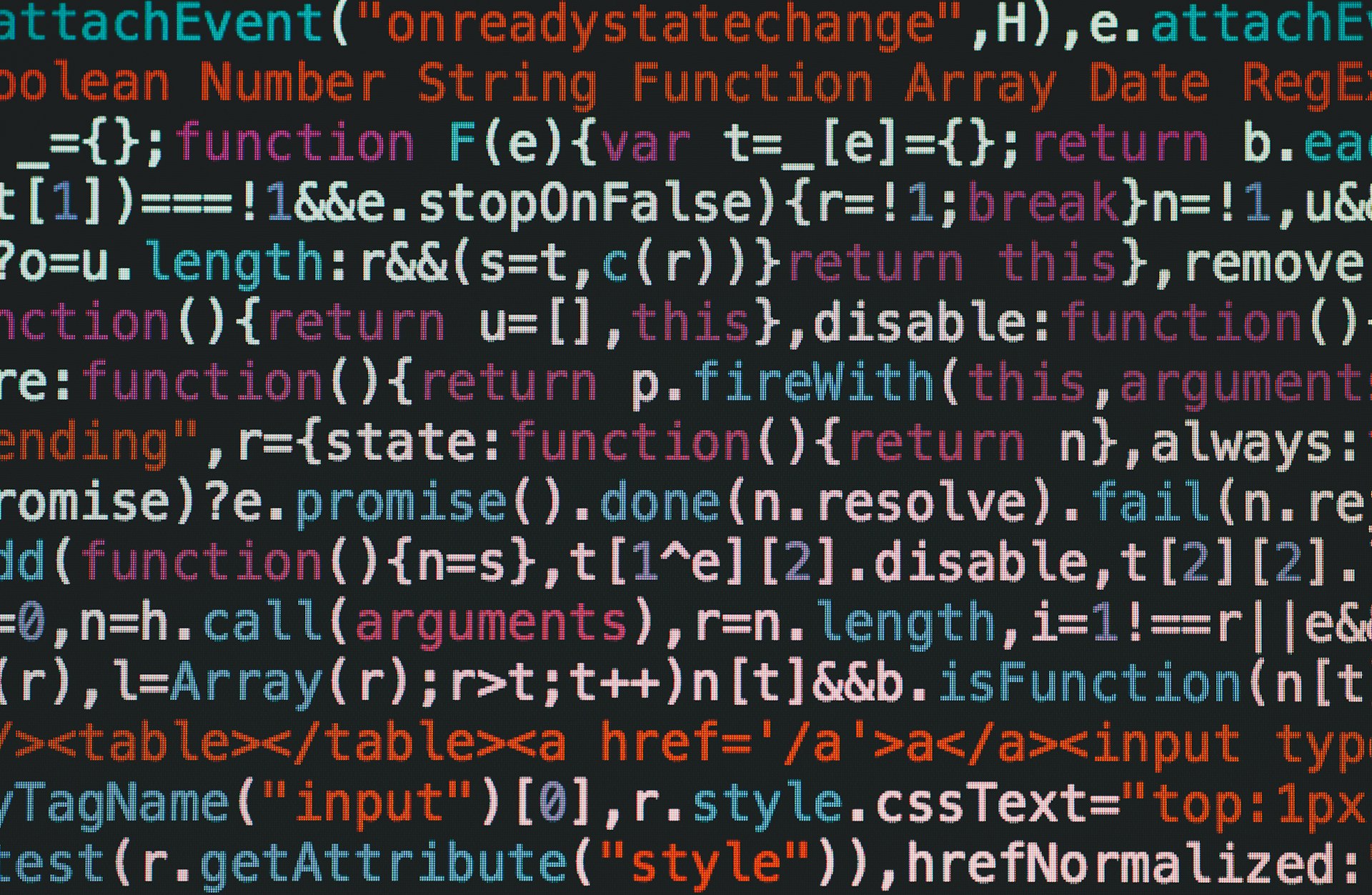Finishing my master thesis in 2022 felt like a huge personal accomplishment (which can be read here), yet two years of university training did partially feel insufficient given the practical needs in working academic life.
My program was in Political Science at the University of Oslo, which is perceived as an top-ranking institution insofar it provides training in cutting-edge research methods (at least from what I have been told by other researchers with experience at strong universities in the UK, Netherlands, the US and Germany). Yet, after spending some time in the field, I'm left with the impression that additional research training would have been sourly needed, and that our two years of training could have been much more productive.
Things I learnt in grad school:
- Case study research methods
- Structuring surveys
- linear regression
- logistic regression, glm modelling
- causal inference methods (Fixed-effects regression, RDD, Diff-in-Diff, IV regression, matching, synthetic control ++)
- bayesian modelling, extreme entropy
- programming in R
Desirable skills in academia/industry that they didn't teach in grad school:
- proper introduction to object oriented programming (helps with understanding the capabilities of the programming language)
- proper introduction to university-level linear algebra and calculus (helps with reading methods papers)
- proper introduction to predictive methods and machine learning (ML) jargon (ML jargon is different from econometric jagon used by most economists/political scientists)
- training in using non-parametric estimation methods
- efficient web and PDF scraping using R/Python (as lots of cutting edge research requires the use of historical data on the web or in PDFs of scanned files).
- working with GIS data and modelling (as the literature is moving towards looking at dissaggregated data, having knowledge about using spatial data is key)
- natural language processing (another useful and in-demand skill as many recent research project leverage large scraped textual data. looking at top journals like political analysis, the state-of-the-art is moving towards unsupervised ML methods)
- navigating the job market. an important soft skill that comes in
So is polsci grad school worth it?

One possible contention to my points above is that "it is not the purpose of a master's programme to teach you these skills" and that "naturally, doing a PhD will help you acquire these skills", to which my response is no. Firstly: A lot of degree programs on a bachelor's level offer an introductory course to object-oriented programming - the fundamental basis of modern scientific computing. Yet many political science programs skip this important step and leave it to students to understand fundamental aspects of the programming language essential to their research. Secondly: Recent changes set to improve on these deficits still teach in rigorous ways, skipping practical implementation and experimentation.
We need new project-based/bootcampy ways of teaching modules, giving the students ownership over their own projects with adequate follow-up. These forms of learning should not just be pushed to extracurricular activities or summer courses that are unavailable to students who are working.

